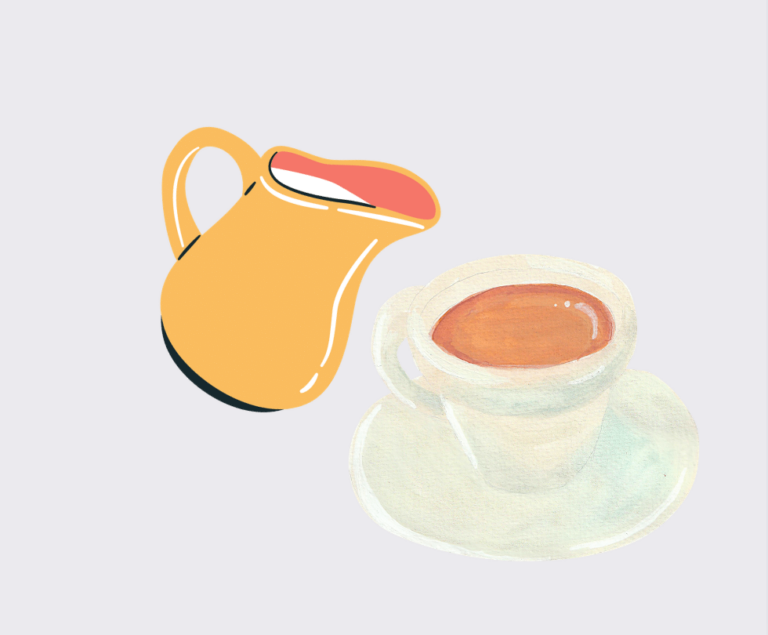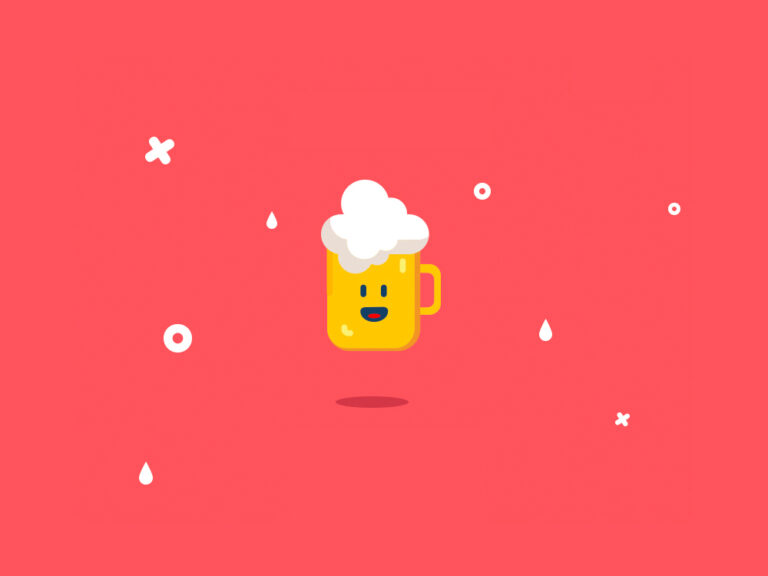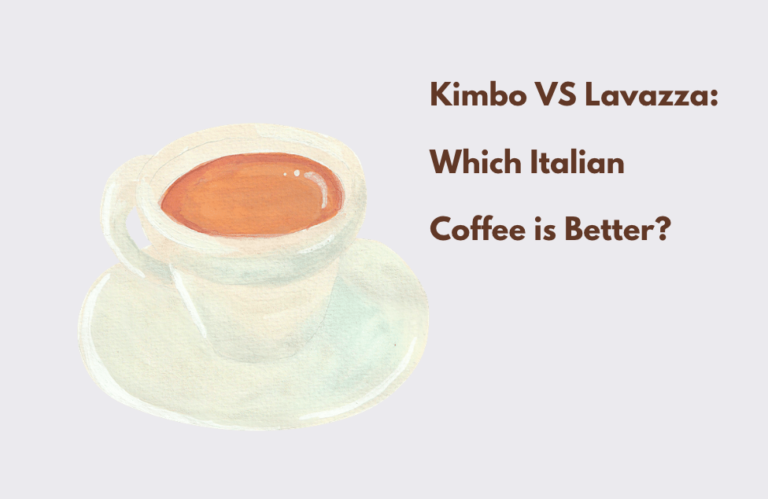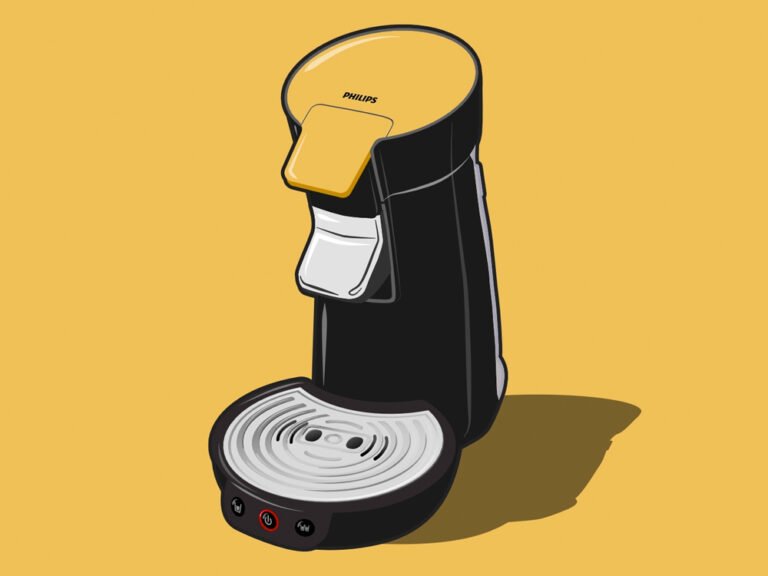
This post may contain affiliate links. As an Amazon Associate and a partner of other brands, I get a small commission if you purchase through my links, at no extra cost from you.
If you like a good caffeine buzz, then tea and coffee are both great options for you. Although they are similar in many ways, there are also many ways in which these two beverages differ from one another.
In this article, we’ll compare the caffeine in Tea vs Coffee content as well as their health benefits and side effects.
Caffeine in Tea
Tea, like coffee, contains caffeine. But it’s a different type of caffeine than you’ll find in coffee. In fact, tea is often considered to be a healthier choice because it contains fewer calories and more antioxidants than its caffeinated counterpart.
Caffeine content varies depending on how strong you brew your cup of tea–the darker the brew and longer you let it steep, the more caffeine will be extracted from your leaves (but not all teas are created equal).
A single serving of black tea typically has between 25 mg and 50 mg per 8 oz serving; green or white teas contain less than 10 mg per 8 oz serving; oolong teas fall somewhere between these two extremes (around 30-50 mg).
Caffeine in Coffee
Caffeine is a stimulant that can cause increased heart rate, blood pressure and anxiety. People who are sensitive to caffeine may experience side effects such as headaches or insomnia.
Coffee contains about 100mg of caffeine per cup (8 oz) which is about half the amount found in an average tea bag. The average person ingests 300mg of caffeine per day from beverages such as coffee and tea, but this amount varies widely depending on your size and sensitivity to the substance
Tea varieties
The most common types of tea are black, green, white and oolong. These varieties all come from the same plant but are processed differently. The main difference between them is that black and green teas are fermented while white and oolong teas aren’t. Fermentation process affects how much caffeine is present in your cup of tea.
Caffeine levels vary depending on which type of tea you drink:
- Black: Caffeine content varies depending on how long it’s been brewed; however most contain between 50-80mg per 8 oz serving (that’s about half a cup).
Tea preparation
Tea is a delicate drink, and it’s important to brew it properly. Here are some tips:
- Brew time matters.
If you’re brewing tea for more than three minutes, you’re over-brewing it. The longer the brew time, the more bitter and less flavourful your cup will be.
Tea should steep for no more than three minutes at most–after that point its flavour starts becoming too strong and astringent (the kind of sharpness that feels like sandpaper on your tongue).
- Water temperature matters too!
Most teas are best when brewed with water around 180F/82C degrees–and this includes both green teas as well as black ones.
Our 2 Top Picks for Tea Brands!
1. Lipton Black Tea Bag

- Lipton Black Tea bags are made with sustainably sourced tea, all our black teas are 100% Rainforest Alliance certified tea bags
- Lipton Black Tea iced as the perfect addition for any of your meals because is naturally tasty and refreshing!
- Amazon’s choice product!
2. Ahmad Tea Black Tea

- Strong antioxidant properties that help support heart health and boosts your immune system. English Afternoon is naturally caffeinated, sugar-free, and a great substitute for coffee and soft drinks.
- A blend of carefully selected Ceylon, Assam and Darjeeling teas with a delicate touch of bergamot!
- A product that has a 4.9 our 5 rating!
Coffee varieties
The coffee plant is the source of this popular beverage, which comes in a variety of forms. The two most common types are Arabica and Robusta; they’re grown in different parts of the world and have different flavours and caffeine levels.
Arabica beans are usually considered superior to Robusta for their taste, but they also cost more–so if you want cheap coffee with lots of caffeine (and don’t mind sacrificing quality), go with Robusta!
Coffee preparation
- Coffee is usually made with a drip machine.
This is the most popular method of coffee preparation, and it’s also the easiest to do at home.
- Coffee can be made using a French press or pour over method.
These methods require you to manually put water over (and through) your grounds to filter out any excess residue that would otherwise be left behind in your cup of joe.
Espresso machines are used regularly at restaurants and cafes alike because they’re fast and efficient at making shots of espresso for customers on the go!
Percolators are less common than other methods but still exist today among certain groups of people–like those who live off-grid or enjoy camping trips where there’s not much electricity available for powering appliances like refrigerators and air conditioners!
Our 2 Top Picks for Coffee Brands!
1. Death Wish Coffee Dark Roast

The Death Wish Promise is that our organic ground coffee comes highly rated by thousands of satisfied customers who simply can’t get enough but we’ll let you be the judge. If you don’t fall in love with our coffee, we’ll refund your order- no questions asked. We’re confident ours will be the best coffee you’ll ever try. It has a 4.9 out of 5 rating!
2. Café Bustelo Espresso Dark Roast

- Ready to brew your way, in electric machines and manual coffee makers, ideal for drip coffee, espressos, cappuccinos, and more coffee drinks.
- Bold sabor latino that stands out, with or without cream or sugar!
- It has a 4.9 out of 5 rating!
Which one should you drink?
The choice of whether or not to drink tea or coffee is up to you. If you like the taste of coffee and want a caffeine boost, then by all means drink coffee! On the other hand, if you’re looking for something relaxing and don’t mind some extra time with your cup in peace (tea) then go right ahead!
There are many factors that determine which beverage is right for you: personal preference, health benefits/risks and how much time do I have? Let’s break it down:
Although they are similar, tea and coffee are two very different drinks.
Although they are similar, tea and coffee are two very different drinks.
Caffeine is an alkaloid that acts as a stimulant in the body. For example, it can help you stay awake or alert when you need to be active.
However, too much caffeine can cause side effects such as headaches and jitters–which can be unpleasant if you’re trying to relax with your cup of tea or coffee!
Caffeine in Tea vs Coffee: Conclusion!
There you have it! We hope this article has helped you understand the differences between tea and coffee, and which one might be right for you. If you’re still not sure which one to choose, we recommend starting with a basic black or green tea.
These have less caffeine than other types of tea or coffee brews but still provide plenty of health benefits (such as boosting your metabolism).






